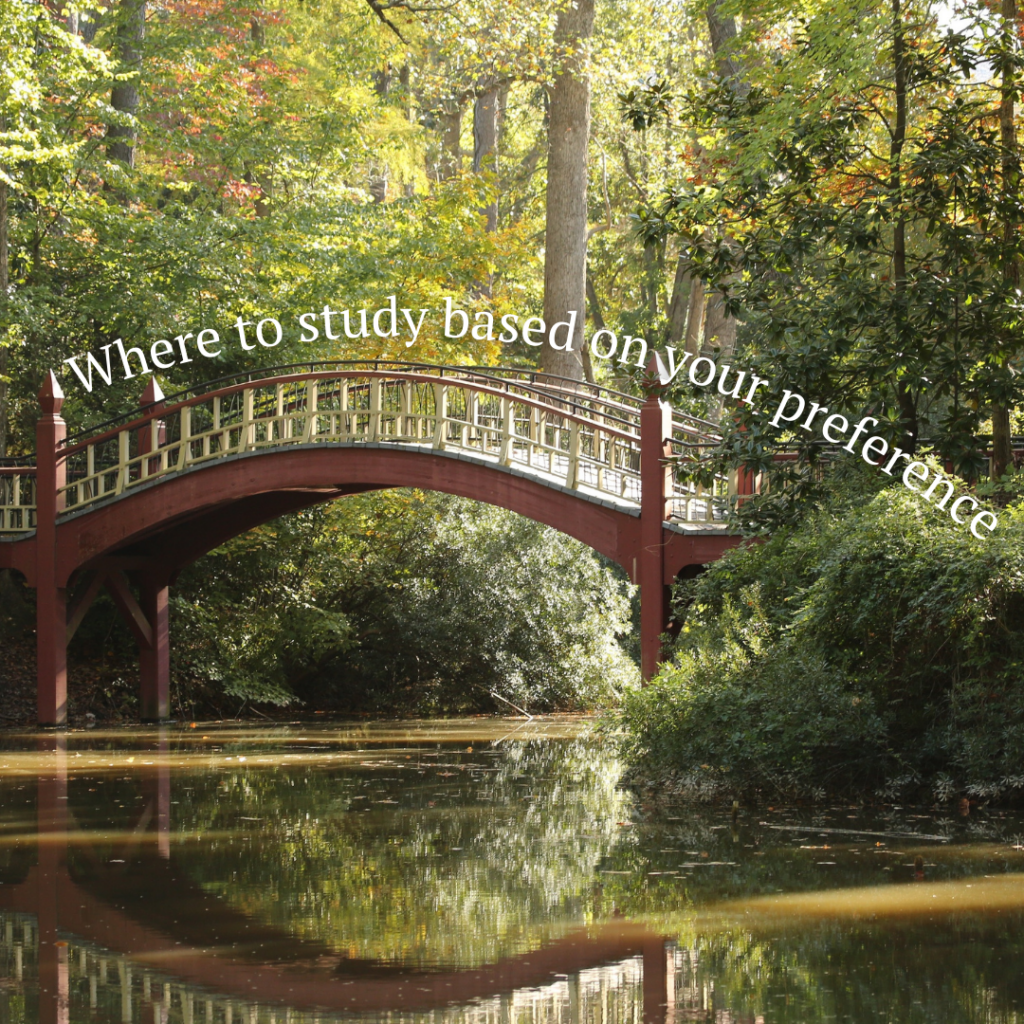
Embarking on the adventure of studying abroad as an international student brings a mix of excitement and challenges. Having left behind the comfort of home and family, my transition to William & Mary has been a transformative experience. In this blog post, I will share the joys and obstacles I’ve encountered, the support I’ve received, and how William & Mary has become a second home.
1. Embracing the Unknown:
Stepping onto the campus of William & Mary for the first time, I was greeted with a myriad of new experiences. The academic culture, weather (especially during the winter), and even the cuisine presented challenges that required adaptation. However, the support I received from the university community helped ease my transition and made me feel welcome from day one.
2. Choosing William & Mary:
I selected William & Mary for its outstanding higher education program, small class sizes, and the opportunity to connect with knowledgeable professors. After completing my first semester, I can confidently say that the university has surpassed my expectations. The campus is not only visually stunning but also populated with faculty and staff who genuinely care about student success. Prior to my arrival, staff at the School of Education and the Reves Center for International Studies provided invaluable assistance in expediting my visa process, setting a positive tone for my journey ahead.
3. A Sense of Community:
One of the most fulfilling aspects of my time at William & Mary has been the sense of belonging I’ve found. The Reves Center facilitated connections with other African students, enabling me to seamlessly integrate into campus life. Furthermore, the Global Friends program offered me the opportunity to engage with a local senior member, fostering cultural exchange and deepening my understanding of American history and traditions.
4. A Rewarding Journey:
My first semester at William & Mary has been nothing short of rewarding. Engaging with knowledgeable professors and participating in a diverse and rigorous academic environment has set me on a path to becoming an educational leader. Beyond academics, I have formed friendships and established professional networks that I anticipate will last a lifetime.
5. Advice for International Students:
To my fellow international students, I encourage you to embrace curiosity and never hesitate to ask questions. Rest assured that there will always be someone ready to support you and provide the resources you need. Seize the opportunities available to you, challenge yourself, and be open to exploring new frontiers. Regardless of your background, I hope that both Williamsburg and William & Mary will come to feel at home, just as they have for me.
As an international student, my journey at William & Mary has been a transformative experience. The challenges I faced have been outweighed by the support I received from the university community. William & Mary has not only provided me with an exceptional education but has also nurtured a sense of belonging and a deep appreciation for diverse perspectives. I am grateful for the opportunities I have found here and encourage others to embark on their own adventures, knowing that William & Mary will be there to guide them every step of the way.








